Jouko Harjanne - Gruner, Jolivet, Bloch & Hartmann: Works for Trumpet (2002)
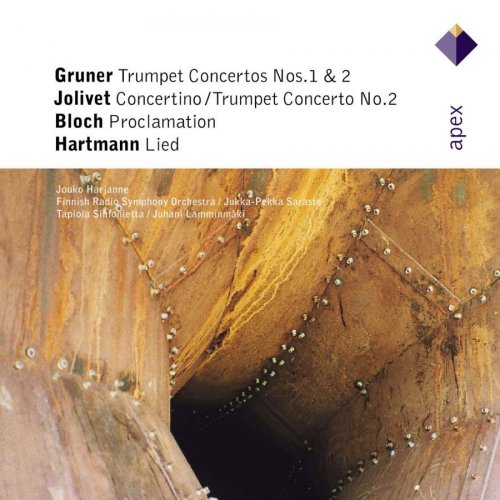
Artist: Jouko Harjanne
Title: Gruner, Jolivet, Bloch & Hartmann: Works for Trumpet
Year Of Release: 2002
Label: Apex / Warner Classics
Genre: Classical
Quality: FLAC (image + .cue, log, scans)
Total Time: 01:12:36
Total Size: 319 MB
WebSite: Album Preview
Tracklist:Title: Gruner, Jolivet, Bloch & Hartmann: Works for Trumpet
Year Of Release: 2002
Label: Apex / Warner Classics
Genre: Classical
Quality: FLAC (image + .cue, log, scans)
Total Time: 01:12:36
Total Size: 319 MB
WebSite: Album Preview
01. Lied for trumpet and wind ensemble
02. Concerto for trumpet and orchestra No. 1
03. Concerto for trumpet and orchestra No. 1
04. Concerto for trumpet and orchestra No. 1
05. "Concertino for Trumpet, String Orchestra and Piano"
06. Trumpet Concerto No. 2
07. Trumpet Concerto No. 2
08. Trumpet Concerto No. 2
09. Trumpet Concerto No. 2
10. Concerto for trumpet and orchestra No. 2
11. Concerto for trumpet and orchestra No. 2
12. Concerto for trumpet and orchestra No. 2
13. Proclamation for trumpet and orchestra
The Finnish Radio Symphony Orchestra, although a relatively small orchestra, is one of the most adventurous orchestras in Europe and one of the best orchestras in a country that has more symphonies per capita than any other country. Based in Helsinki, it is the primary radio orchestra of the Finnish Broadcasting Company.
It was founded in 1927 as a small studio ensemble at Finnish Radio, the state-owned broadcasting organization. It reached symphony orchestra size in 1947, and now numbers 70 players. Its repertory is made up primarily of pre-Romantic works, but also includes those of the Romantic, Post-Romantic, Modern, and Contemporary eras. It still premieres a number of new works commissioned by the broadcasting company each year. In its performances and recordings, the orchestra has become a significant advocate for contemporary Finnish composers.
Its conductors have included Toivo Haapanen, Paavo Berglund, Leif Segerstam, Okku Kamu, and Jukka-Pekka Saraste. Sakari Oramo became music director in the fall of 2003. Under Saraste tours became a regular practice for the orchestra, including travel to Asia, Vienna, London, and the Canary Islands.
In addition to all of the FRSO's concerts being broadcast, the orchestra has made over 80 recordings. In fact, the only surviving recording of Jean Sibelius conducting was the FRSO's first recording, made in 1939. Other Finnish composers the orchestra has recorded, mainly for the BIS and Ondine labels, include Leif Segerstam, Leevi Madetoja, Paavo Heininen, Joonas Kokkonen, Magnus Lindberg, Kaija Saariaho, Aarre Merikanto, Aulis Sallinen, Esa-Pekka Salonen, Väinö Raitio, Jouni Kaipainen, Uuno Klami, and Eero Hämeenniemi.
It was founded in 1927 as a small studio ensemble at Finnish Radio, the state-owned broadcasting organization. It reached symphony orchestra size in 1947, and now numbers 70 players. Its repertory is made up primarily of pre-Romantic works, but also includes those of the Romantic, Post-Romantic, Modern, and Contemporary eras. It still premieres a number of new works commissioned by the broadcasting company each year. In its performances and recordings, the orchestra has become a significant advocate for contemporary Finnish composers.
Its conductors have included Toivo Haapanen, Paavo Berglund, Leif Segerstam, Okku Kamu, and Jukka-Pekka Saraste. Sakari Oramo became music director in the fall of 2003. Under Saraste tours became a regular practice for the orchestra, including travel to Asia, Vienna, London, and the Canary Islands.
In addition to all of the FRSO's concerts being broadcast, the orchestra has made over 80 recordings. In fact, the only surviving recording of Jean Sibelius conducting was the FRSO's first recording, made in 1939. Other Finnish composers the orchestra has recorded, mainly for the BIS and Ondine labels, include Leif Segerstam, Leevi Madetoja, Paavo Heininen, Joonas Kokkonen, Magnus Lindberg, Kaija Saariaho, Aarre Merikanto, Aulis Sallinen, Esa-Pekka Salonen, Väinö Raitio, Jouni Kaipainen, Uuno Klami, and Eero Hämeenniemi.

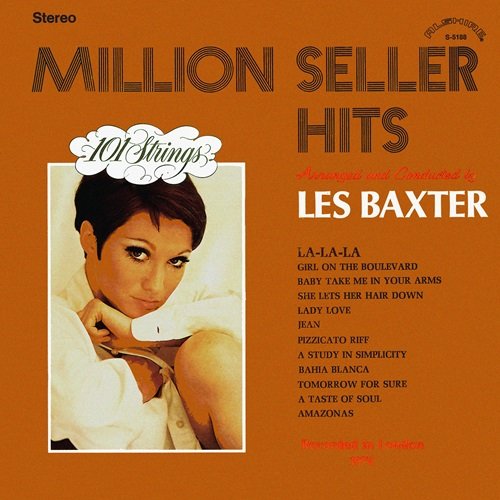
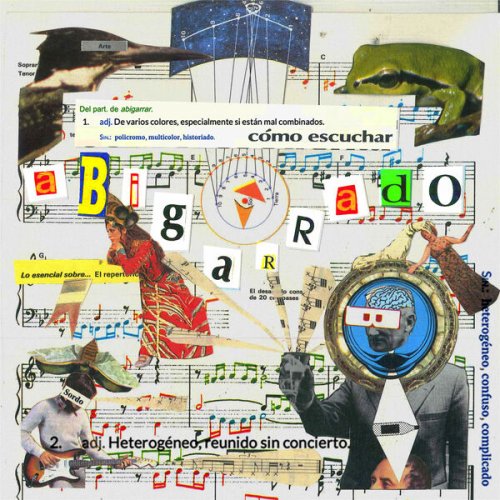
![Ben Marc - Who Cares Wins (2025) [Hi-Res] Ben Marc - Who Cares Wins (2025) [Hi-Res]](https://img.israbox.com/img/2025-12/29/nqg428wawx3giymyblda2ld32.jpg)

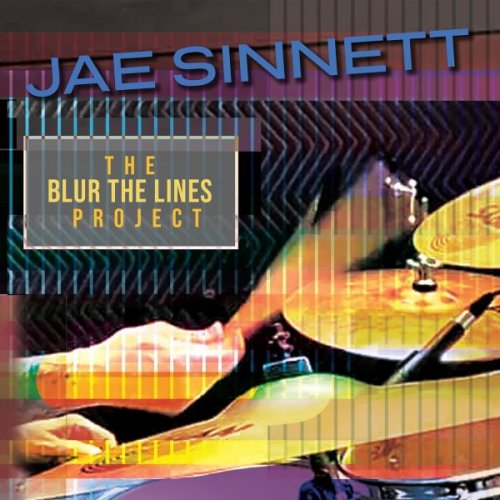

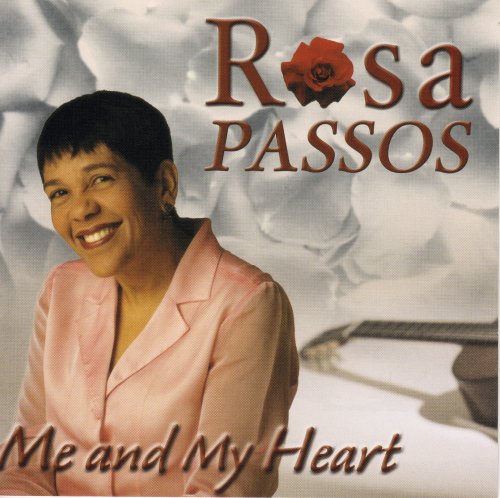
![Max Buettner - Reconnect (2025) [Hi-Res] Max Buettner - Reconnect (2025) [Hi-Res]](https://www.dibpic.com/uploads/posts/2025-12/1766910938_cover.jpg)